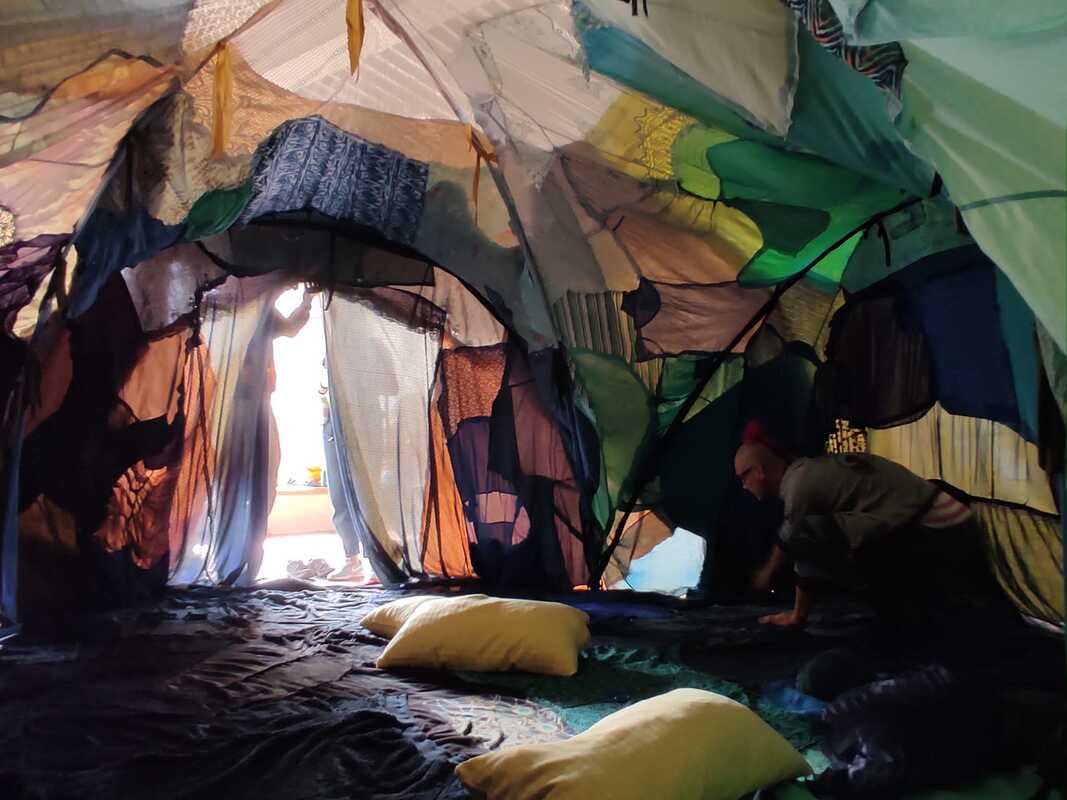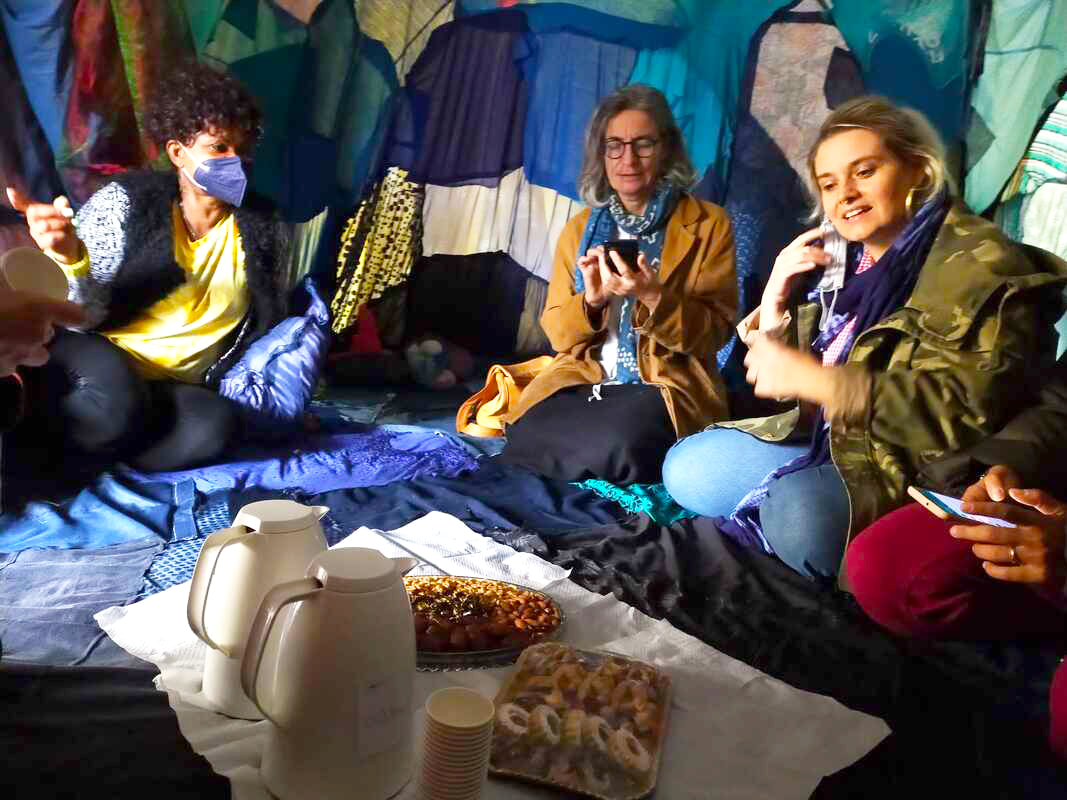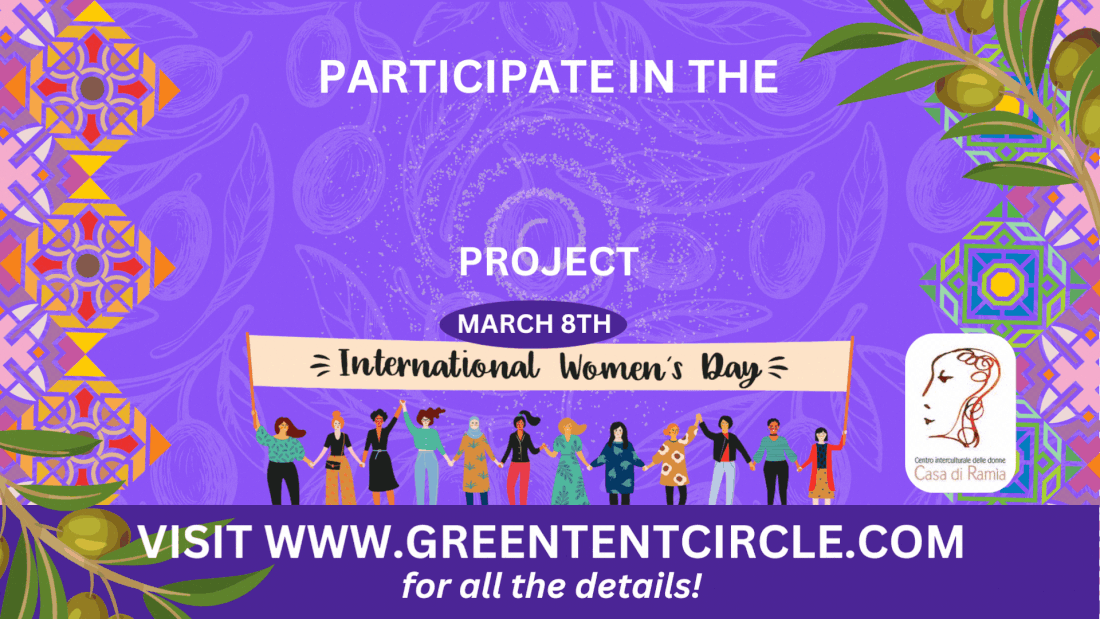- Home
- NEWS
-
EVENTS
-
Illuminators
- Illuminators 2024 >
-
Illuminators 2023
>
- Illuminator Series 13 Kristin Raphaela Otti
- Illuminator Series 12 Elena Migliavacca
- Illuminator Series 11 Jacqueline Patterson
- Illuminator Series 10 - Kehkashan Basu M.S.M
- Illuminator Series 9 - Parliament of the Worlds Religions
- Illuminator Series 8 - Pintadas Group
- Illuminator Series 7 - Leah Myers
- Illuminator Series 6 Lourivania Soares Santos
- Illuminator Series 5 Dale Allen
- Illuminator Series 4 Winter Solstice
- Illuminator Series 3 - Patricia Fero
- Illuminator Series 2 - Jean Shinoda Bolen
- Illuminator Series 1 - Marty Casey
-
STORYTELLING
- Storytelling Events >
- Animal Wisdom Speaks >
-
BLOGS
>
- Winterfire by Kristin Raphaela Otti
- Sailhouse by Rebecca Brugman
- Affidamento - A matter of Relationship and Trust by Anja Mays
- Whispering Feathers by Sabine Rieser
- Sacred Circles by Ann Smith
- Sacred Connections Blog by Angela Weber
- Ancestral Wisdom by Grandmother Gayle Crosmaz
- Love Letters Blog by Leah Myers
- Higher & Deeper by Jeanne DeRousseau
- GTC Community Books >
- HER STORY
- Support
- COMMUNITY
Our 12th Illuminator - Elena Migliavacca
Head Manager of Casa di Ramia - Casa di Ramia
|
Elena Migliavacca, born in 1961, at the age of 18, with friends, founded "la tela", a meeting place for women's lectures exchange. As such took part in the nonviolent feminist struggle against the installation of cruiser missiles in Sicily (early 80s). In 1998, as a social worker, founded the Ishtar association that worked towards connecting Italian women with those migrants. Since 2004 became the head manager of “Casa di Ramia", an intercultural center for women in the municipality of Verona. As a member of the university of Verona laboratory entitled "Knowledge Situated", was one of those responsible for the birth of "the green tent" project.
From weaving the fabric to weaving the culture, casa di Ramia builds relations. It arises on the trail left by an old Roman aqueduct, where there was a little river of Porta Vescovo, where is today Veronetta. It was a place of vital importance in medieval times for the numerous handcraft shops and religious communities existing there, as they exist today, in this neighborhood. In the years 50 of last century, this small river had disappeared in the urban net. Casa di Ramia was built in 1214 as Casa di San Cristofori, also known as Casa of the Humiliated, belonging to an order of women who make their livelihoods with the work they developed on wool. In the beginning was used by men and women, but in the middle of the 1300, the Humiliated men were transferred and only the women remained. It was then that they started to give refuge for the women in need, and even those accused of witchcraft. Around the 1800 it was transformed into a military facility. Now Casa di Ramia is an intercultural center of the Municipality of Verona for Italian and migrant women which was founded in 2004 with the aim of offering an "empty space", in which women can meet informally, letting ideas and meetings happen without a preordained logic. It is therefore an open space between citizens and institutions capable of facilitating access to the language and rules of our city for people accustomed to other ways of life. And it is also a permanent training laboratory for Italian women, young people and institutional workers, making them become "bridges between cultures". There are 2 operating rules:
|
"As a member of the university of Verona laboratory entitled "Knowledge Situated", |
Casa di Ramia website link
NOTE: You may adjust your settings in YouTube for captions in your language of choice.
(Settings - Subtitles - Auto translate - Choose language of choice)
(Settings - Subtitles - Auto translate - Choose language of choice)
Stay Tuned Details Coming Soon!
Proudly powered by Weebly


